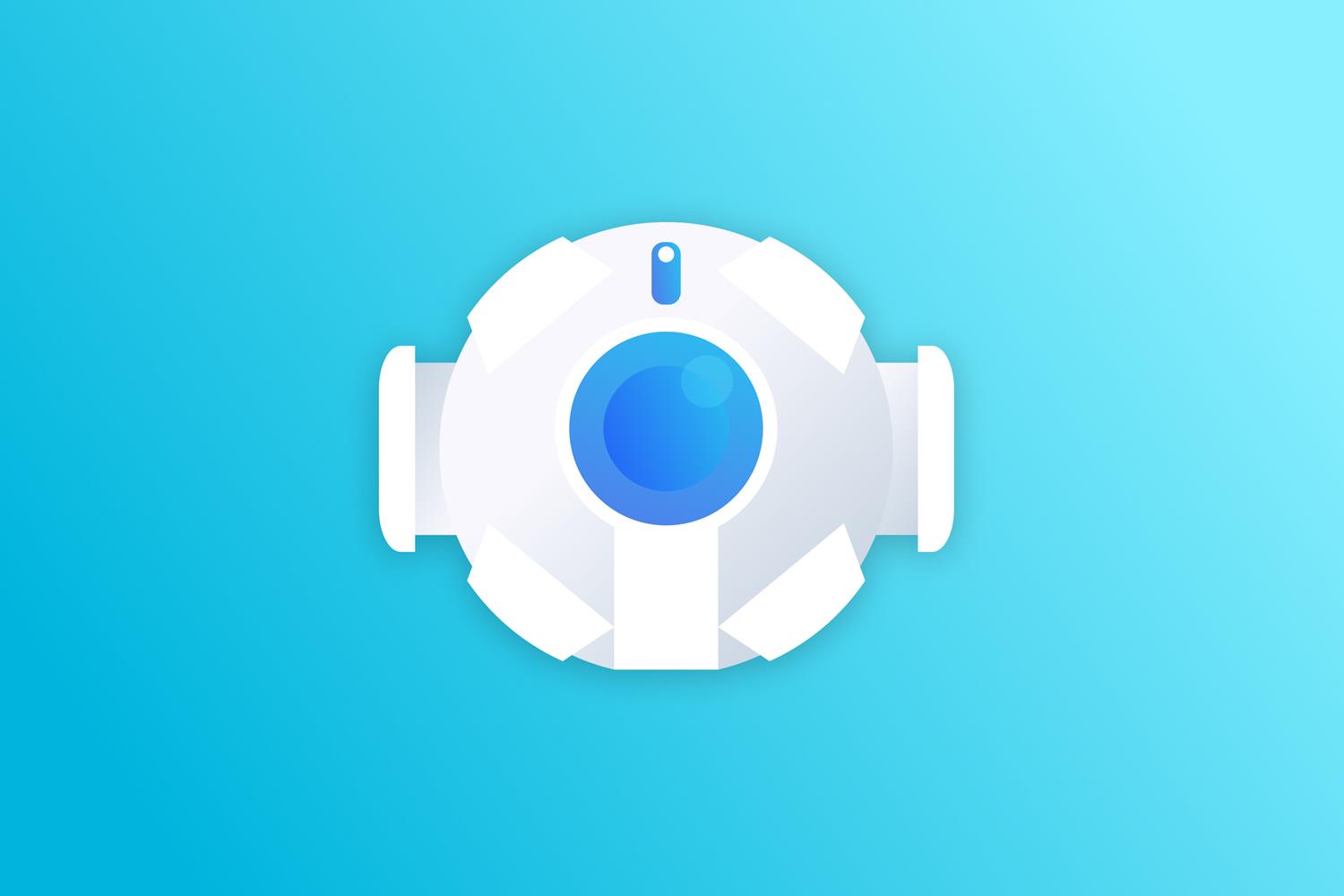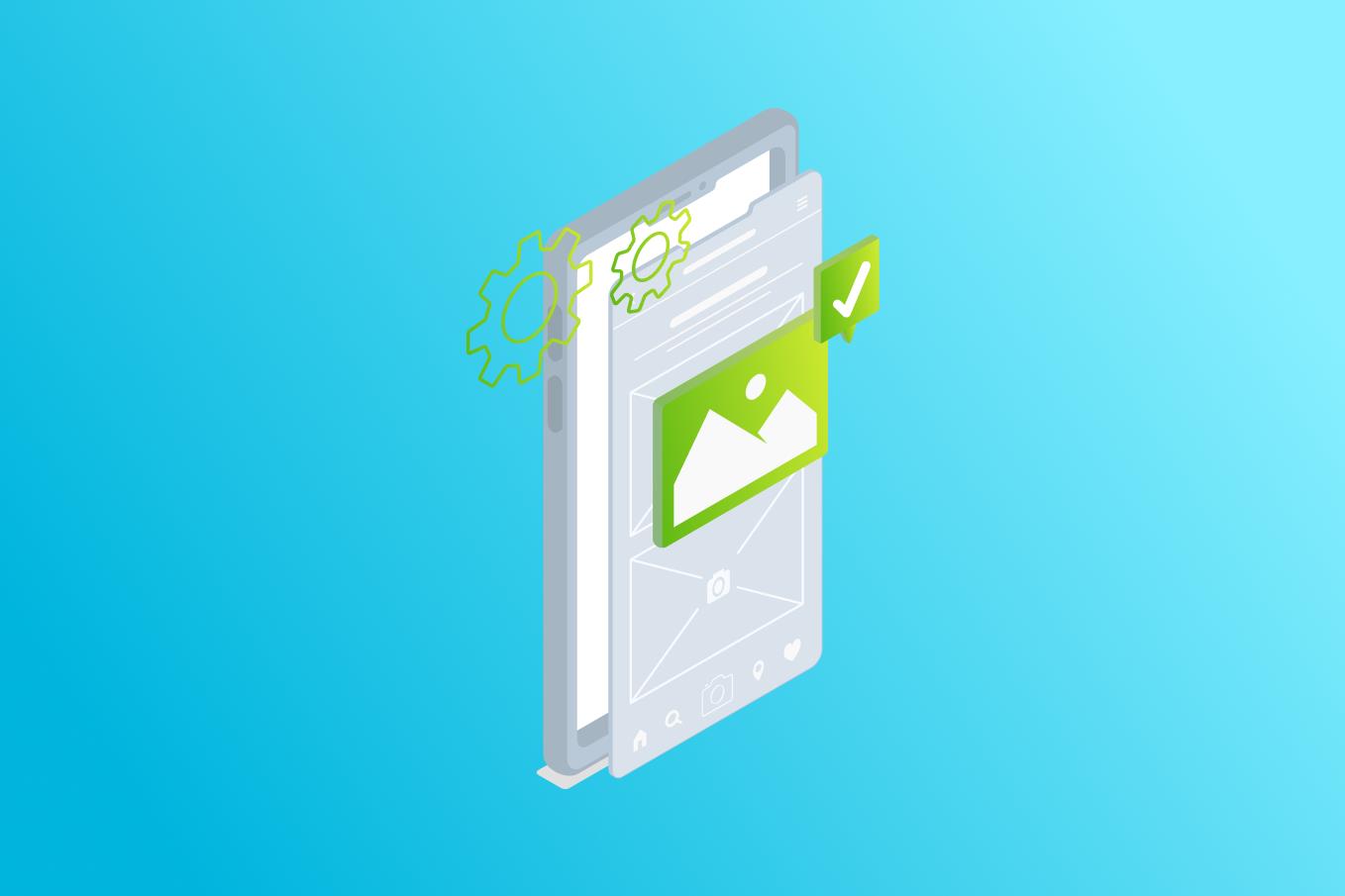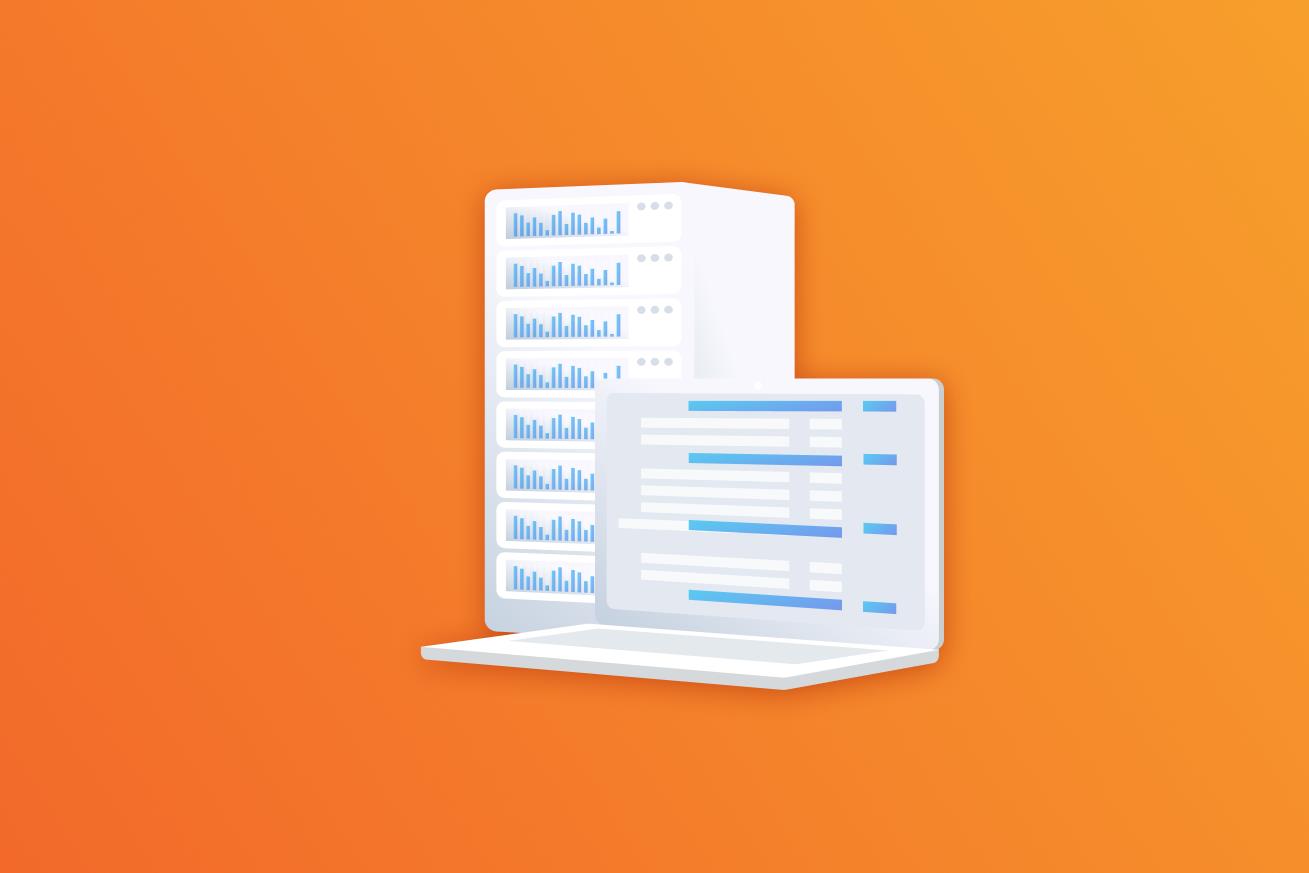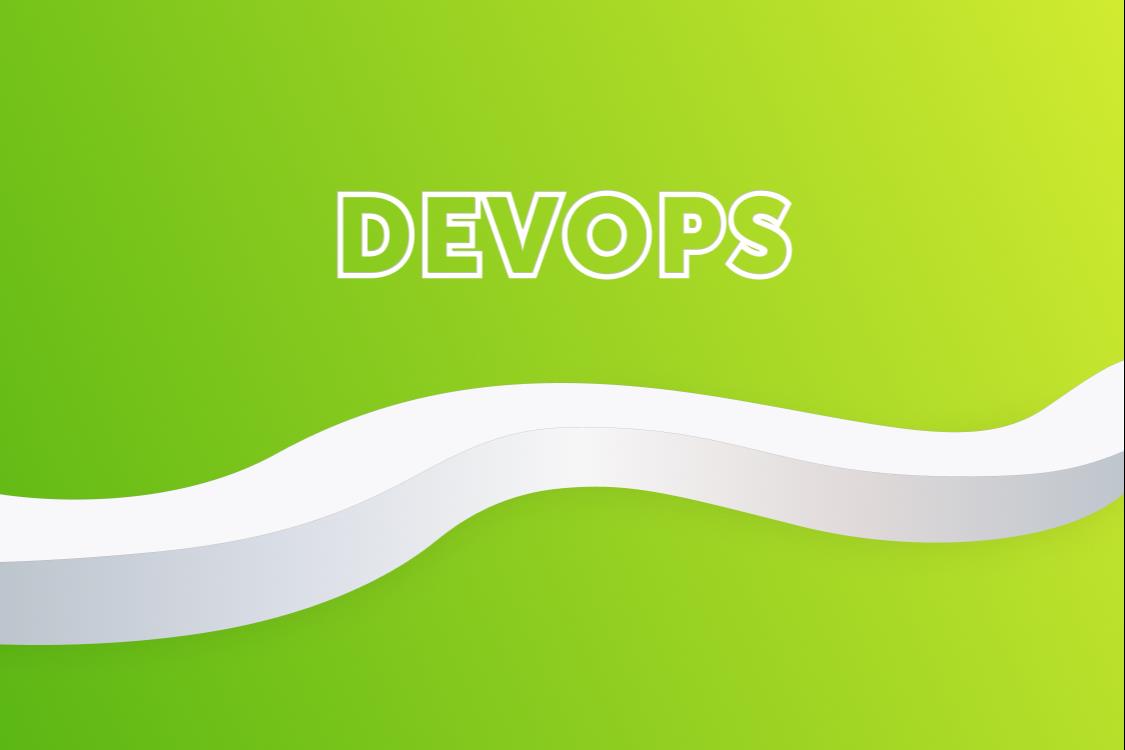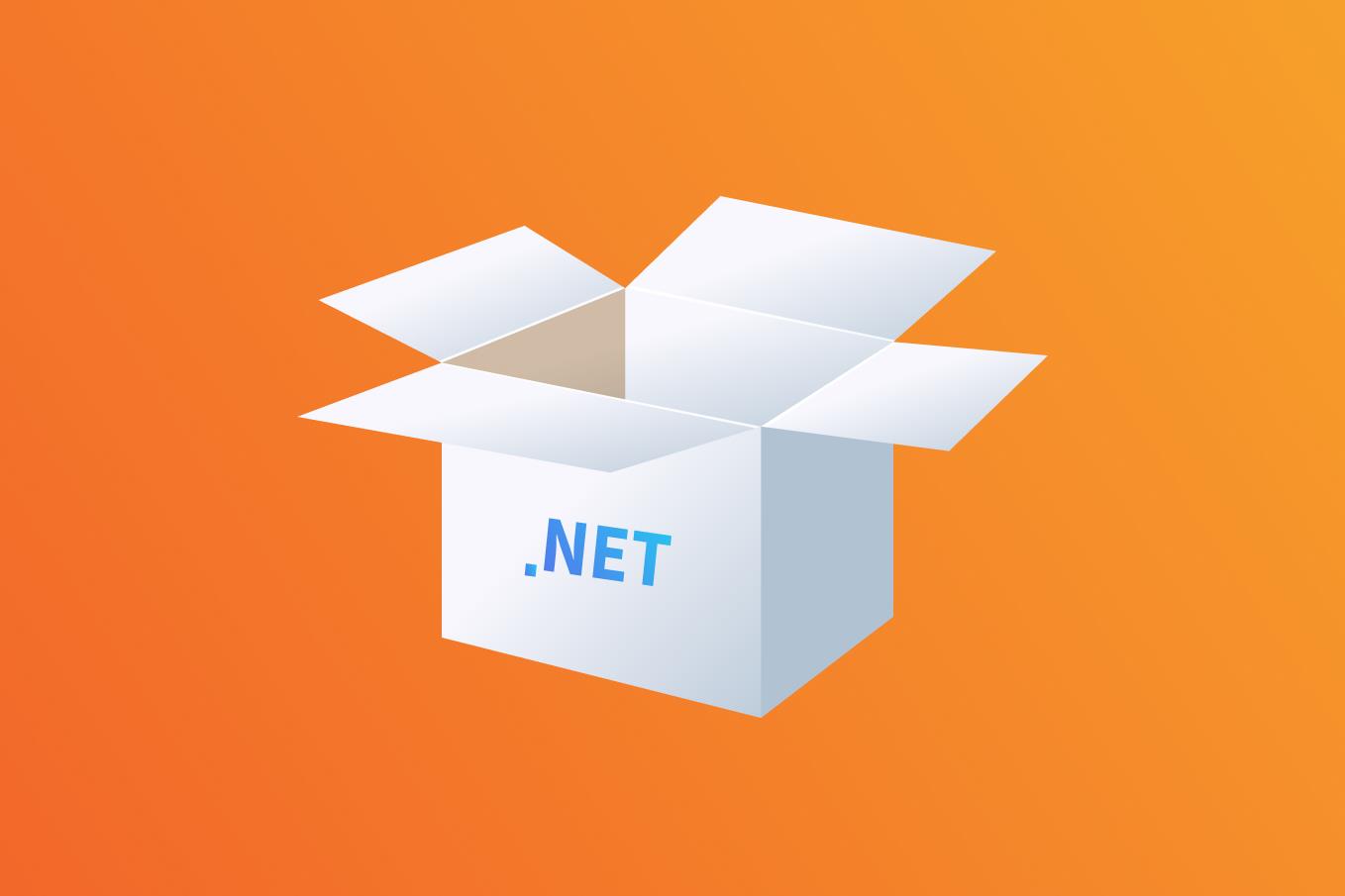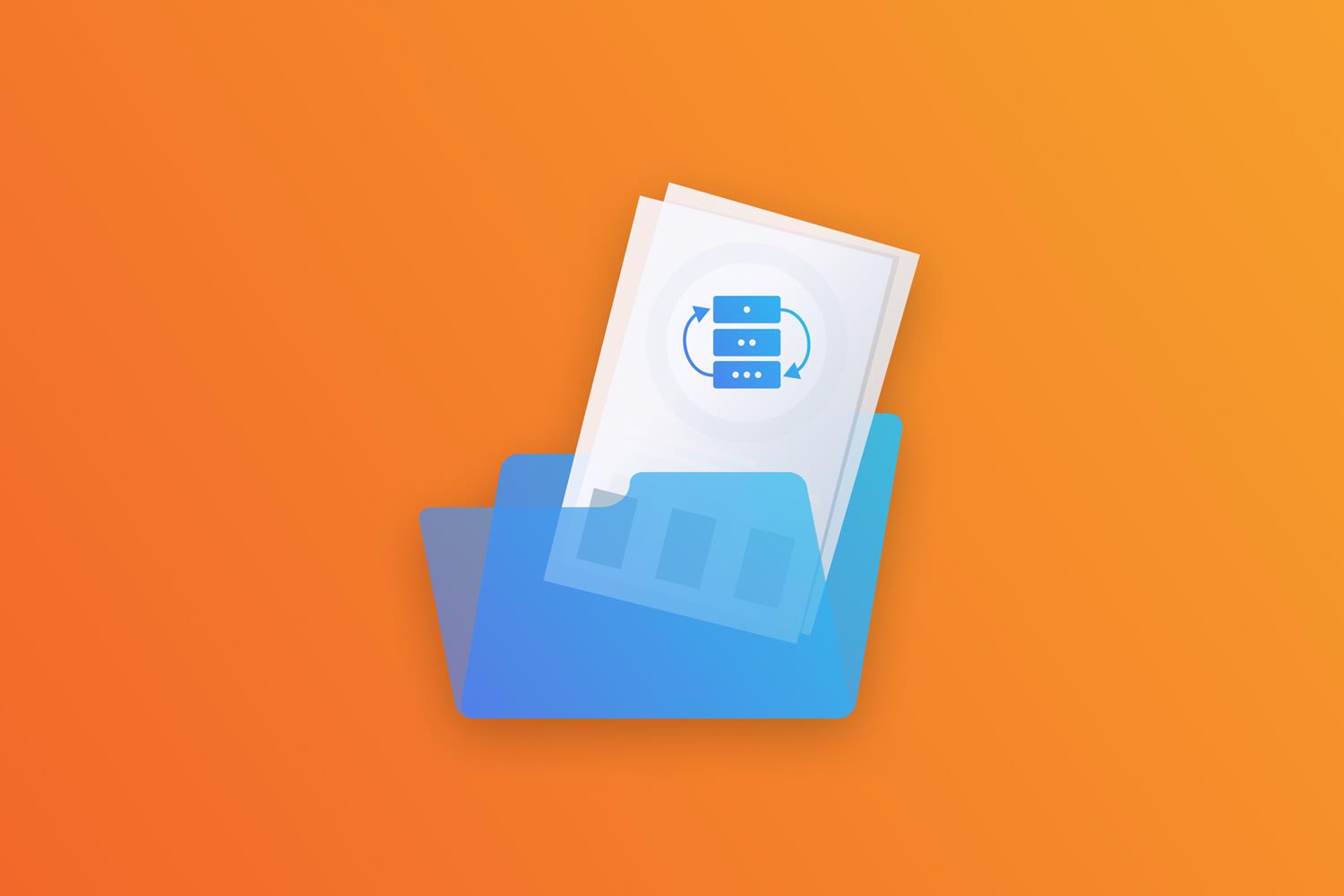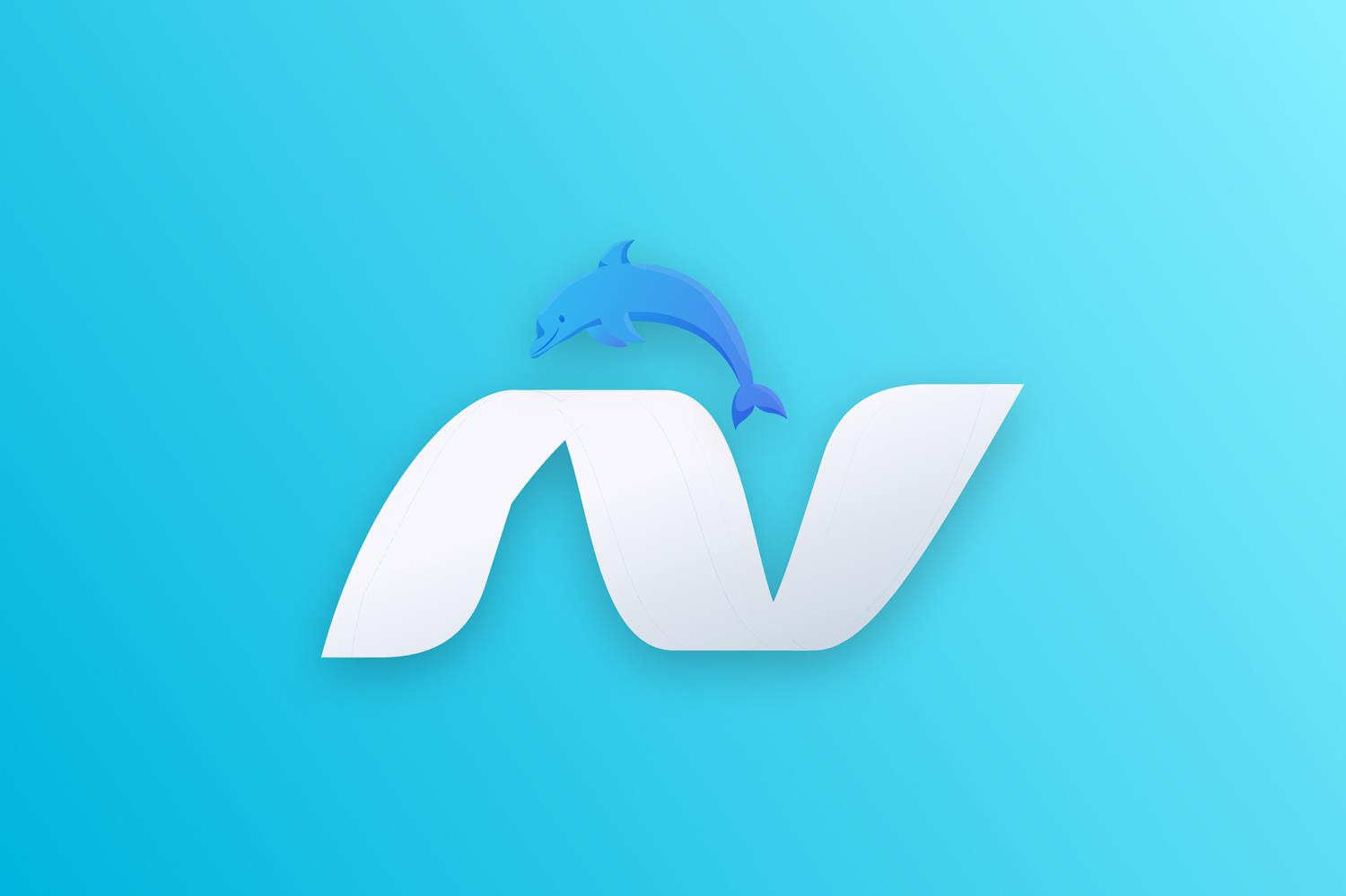QA Automation or Test automation is a profession at the intersection of programming, testing, and analytics. Specialists in this field focus on two key challenges. They write code to test product capabilities not available for manual testing and optimize routine processes, reallocating time to solving non-standard and high-priority tasks. Thanks to automation, the release cycle is shorter, and the product reaches its end users earlier. This helps customers to win the competition.
The required minimum for novice test engineers includes proficiency in English (B1 and higher), knowledge of the basics of testing, OOP principles, and the basics of SQL, as well as knowledge of one of the programming languages, most often it is Java, C#, Python, or JavaScript.
What programming language to choose when you start a career in QA Automation? Let us consider the “TOP four” specifics, advantages, and prospects.
Python
Specifics:
- Python is an open-source language that is optimal for learning and use by both novices and more experienced engineers.
Advantages:
- Python is applicable in almost any domain to automate testing of both the front-end and back-end parts of a software product.
- Code written in Python is easy to read which allows you to focus on problem solving rather than syntax specifics.
- The language is easy to learn even for novice engineers without programming experience.
- Python has a rich library of useful packages for testing.
Fields of application:
- Python is used to develop applications for embedded systems and Internet of Things (IoT) devices.
- Python is widely used to automate system administration tasks (DevOps).
- Along with Java, Python is used in trending areas of Big Data, machine learning, and artificial intelligence (AI).
JavaScript
Specifics:
- According to the annual Stack Overflow survey in 2020, 67.7% of professional developers used JavaScript. For the eighth year in a row, this language has been at the top position in the list of developers’ preferences. The user interface of most web applications is written in one of the technologies Angular, React, Ember, based on JavaScript. Moreover, this language is universal. You can read the code in JavaScript from any device and browser.
Advantages:
- Thanks to the simple syntax and the opportunity to skip the installation of a development environment, JavaScript has a low entry threshold for novice engineers.
- JavaScript has an extensive and fast-growing ecosystem. About 900 modules are added daily.
- JavaScript has many useful frameworks that allow you to create unit tests for any purpose.
- JavaScript has a wide range of tools for UI automation: Selenium-based tools, Dev Tools Protocol tools, and JavaScript-based tools.
Fields of application:
- Web development. JavaScript scripts are supported by all popular browsers; it is fully integrated with page layout (HTML + CSS) and server side (back-end).
- JavaScript is used to develop Desktop applications written using Electron technology.
- JavaScript is used to develop back-end applications using NodeJS.
- NodeJS is used to develop Internet of Things (IoT) device applications and Embedded applications.
Java
Specifics:
- Java is a universal programming language based on the principles of OOP. Java is the most widely used programming language in the world. The number of Java devices worldwide has exceeded several billion. It is also a popular JVM that runs other modern languages such as Scala, Groovy, and Kotlin.
Advantages:
- Many frameworks and libraries covering the most popular protocols and services, which speeds up development.
- A huge community where you can find the answer to any question related to Java.
- The broadest opportunities for training, development, and professional growth, thanks to the availability of a huge amount of literature, resources, courses, educational programs, thematic conferences, etc.
Fields of application:
- Web development with a focus on the back end.
- Android applications.
- Industrial programming.
- Computer games.
С# (.NET)
Specifics:
- A programming language from Microsoft, which is based on the concept of OOP. .NET core is compatible with Windows, Mac, and Linux without additional adaptations, which means that programs in C# run on all the most popular operating systems. Due to the compatibility with Selenium WebDriver, many test automation engineers use C# for cross-browser testing.
Advantages:
- Wide development toolkit for Windows, Mac, and Linux provided by Microsoft.
- With a variety of syntactic constructions and the ability to work with the .Net platform, C# allows you to develop software solutions faster than in any other programming language.
- Many training materials and documentation from Microsoft.
Fields of application:
- Internet of Things (IoT).
- Game development.
- Mobile applications for IOS and Android.
- Web development with a focus on the back end.
As part of our QA Automation educational programs, novice specialists in the field of test automation will be able to learn the basic concepts necessary to start in the profession, and then concentrate on learning the chosen programming language.


